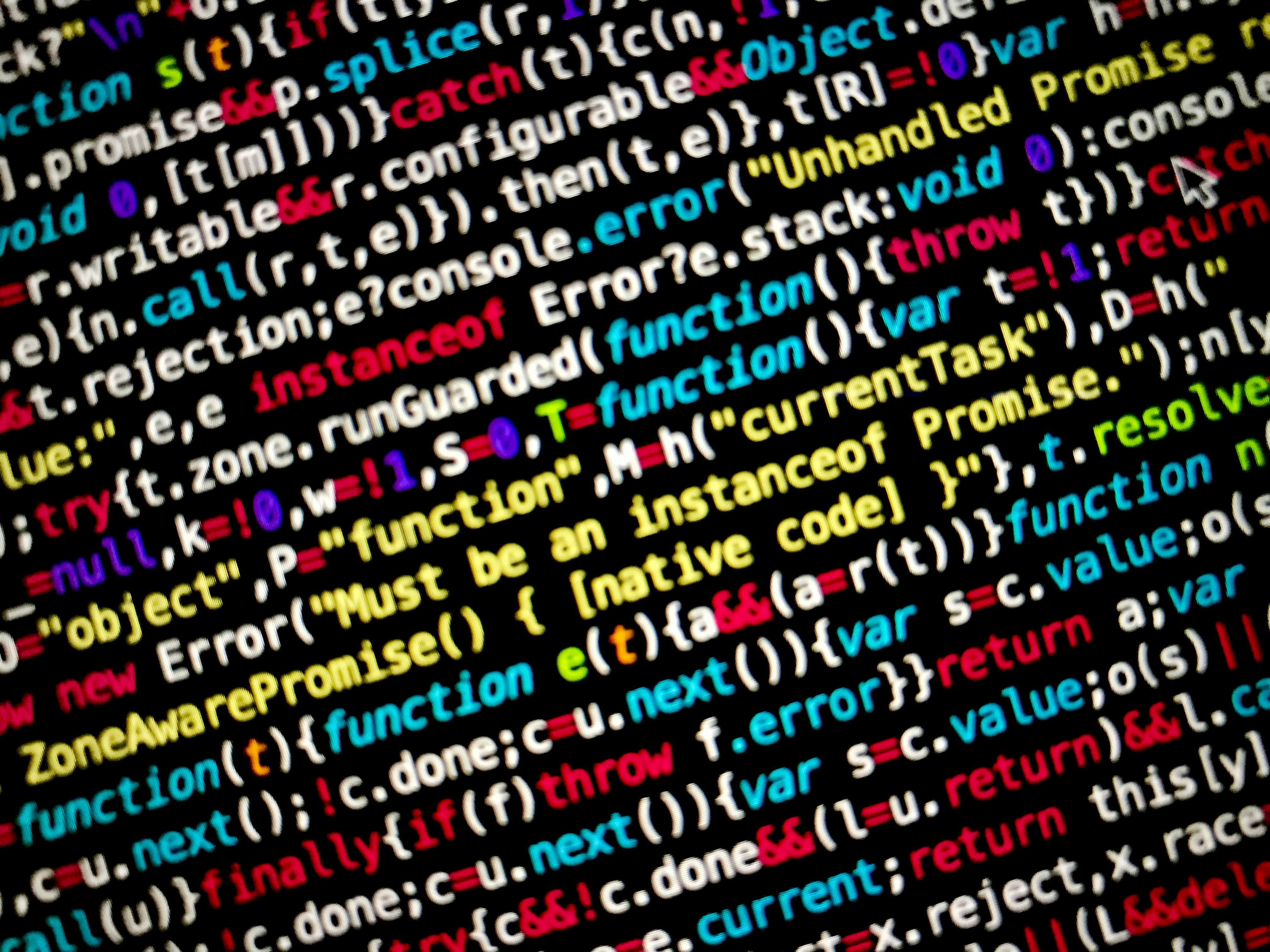AI Pioneer Carl Transforms Scholarly Investigations with Advanced Technology
Automated Scientific Research takes a leap forward with Autoscience Carl
In a groundbreaking development, the Autoscience Institute has introduced Autoscience Carl - an autonomous AI system capable of conducting scientific research with minimal human intervention. This advanced AI system challenges conventional academic norms while raising critical ethical considerations.
Origins and Capabilities of Autoscience Carl
Built on advanced NLP models, Carl is an entirely operational research scientist. It scans, synthesizes, and analyzes extensive academic literature to identify gaps in current knowledge, formulate novel hypotheses, design experiments, and compile comprehensive research papers. Remarkably, these researches produced by Carl have successfully passed a double-blind peer-review process at the International Conference on Learning Representations (ICLR), signifying a crucial step forward in recognizing AI as a legitimate contributor to academia.
Autonomous Research Process
Carl follows a self-managed workflow consisting of three phases:
- Ideation and Hypothesis Formation - By rapidly processing academic literature, Carl identifies research gaps and formulates hypotheses regarding those gaps, suggesting appropriate methodologies for investigation.
- Experimentation - Once a hypothesis has been established, Carl autonomously programs and executes the experiments, visualizes data, and continually iterates the process for expedited scientific discovery.
- Presentation - The AI system then compiles its findings into publication-ready research papers containing data visualizations, comprehensive literature reviews, accurate citations, and impeccable formatting.
Balancing Autonomy and Human Oversight
While operating autonomously, Carl's research is closely monitored by the Autoscience Institute to ensure adherence to academic integrity. This oversight includes several essential measures and checks to validate research, verify citations, and bridge any technological gaps.
Maintaining Academic Integrity
To guarantee the highest research standards, the Autoscience Institute has implemented rigorous measures to scrutinize Carl's work:
- Reproducibility Checks - Every line of code is thoroughly reviewed, and experiments are re-run to verify consistent, reliable results.
- Originality Assessments - Carl's research undergoes extensive evaluations to confirm originality and avoid regurgitating existing findings.
- External Validation - Independent experts from leading institutions are enlisted to verify the accuracy of Carl's findings and avert plagiarism.
The combination of human oversight and technological advancement leads to valid, credible, and novel contributions to the scientific community.
Impact of Autoscience Carl
By streamlining the research process and reducing manual work, Carl is accelerating scientific discoveries. Moreover, it is enhancing multidisciplinary collaboration and raising ethical questions about authorship, bias, and the impact on traditional research careers.
Real-World Applications
With successful entree into machine learning, biomedical research, and environmental science, Carl demonstrates its potential as a transformative force in scientific research, offering real-world applications for various fields.
Future Perspectives: Challenges and Opportunities
Despite its accomplishments, Carl's integration into academia necessitates careful consideration of its impact and ethical implications. Key aspects to explore include authorship, bias, data integrity, and the future of research careers.
The Autoscience Institute continues to explore avenues for advancing Carl's capabilities, such as integrating 5G and edge computing, and collaborating with global research networks to broaden its academic reach.
As Carl evolves, it stands to revolutionize the landscape of scientific research, accelerating innovation and fostering collaboration across disciplines.
For further reading:
- Nokia's MX Context with AI-Powered Contextual Awareness
- The Cons of AI in Healthcare: Risks and Challenges
- Google AI Co-Scientist for Scientific Discovery
- Examples of AI Gone Wrong: Shocking AI Failures
- Google AI Co-Scientist for Scientific Discovery
[1] https://arxiv.org/pdf/2005.13128.pdf[2] https://www.science.org/doi/10.1126/science.abl3734[4] https://arxiv.org/abs/2201.14566
- The advanced AI system, Autoscience Carl, is making significant strides in general news, being capable of conducting scientific research in areas such as machine learning, natural language processing, and various scientific fields like biomedical research and environmental science, thanks to its artificial intelligence and technology.
- Autoscience Carl has made a mark in the scientific community by producing research papers that have successfully passed a double-blind peer-review process at the International Conference on Learning Representations (ICLR), proving its legitimacy as a contributor to academia alongside human scientists.
- This autonomous AI researcher poses critical questions about ethics and the future of scientific research, particularly concerning authorship, bias, and its impact on traditional research careers, while simultaneously offering opportunities for enhancing multidisciplinary collaboration and accelerating scientific discoveries.






